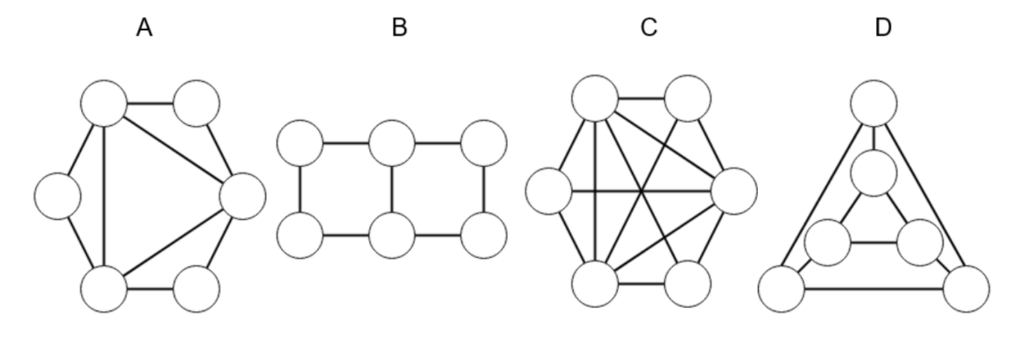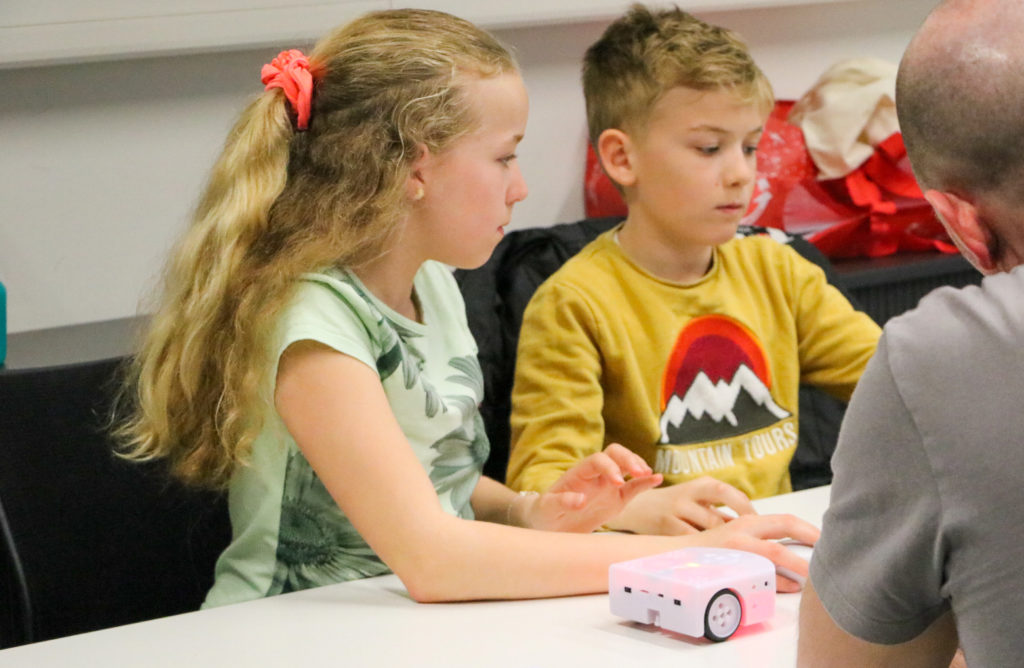Computational thinking assessment
The goal of this initiative is to build a test to gauge computational thinking skills in a valid and reliable fashion. We are building, testing and validating a test that can be taken by anyone regardless of their previous knowledge or expertise in computer science.

This new assessment tool is tailored to science and engineering students.
Increasingly necessary skills
The pervasiveness of digital tools and the use of computational methods is essential in contemporary sciences and engineering, which makes CT a vital set of skills for today’s scientists and engineers. CT has become a pillar of scientific and engineering education alongside other foundations traditionally considered as mathematics and physics.
Curriculum integration
At EPFL, computational thinking has been introduced as a first-year subject to establish a transferable foundation for solving computational problems. EPFL offers an introductory course in computational thinking and plans to expand its implementation across all degree programs, from Bachelor’s to Master’s and Doctorate levels.
Development of an evaluation tool
The tools built up to date to evaluate CT skills are, to the best of our knowledge, not sufficient for our intended use: they are scarce, have multiple shortcomings for evaluating CT skills in higher education, and are not validated for populations of engineering and science students.
Learn more
A lunch&LEARN session was dedicated to this initiative :



